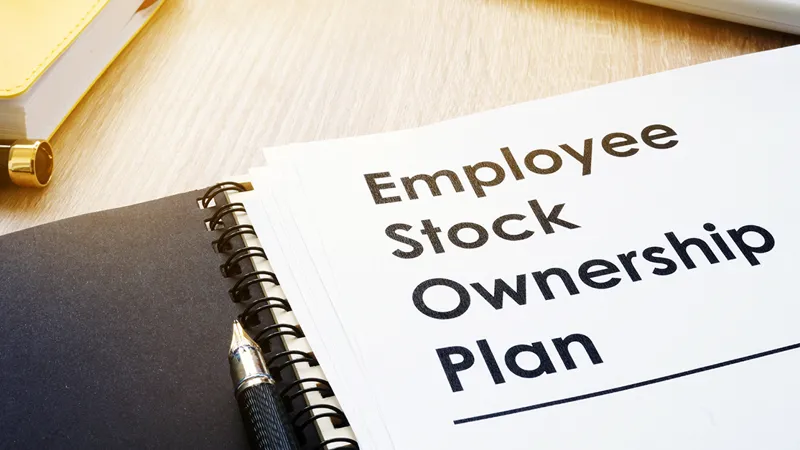Understanding tariffs is essential for anyone following the global economy or anyone who manages an investment portfolio that could be influenced by trade policy. Here we’ll answer some of the most common questions about tariffs, how they work, and why they matter to investors.
What Is a Tariff?
A tariff is a tax that a government places on imported goods and services. The goal is typically to make foreign products more expensive compared to domestic ones, encouraging consumers and businesses to buy locally produced alternatives. Tariffs are a tool used to influence trade between countries. They can help protect domestic industries from international competition but in turn may also lead to higher prices for consumers.
How Do Tariffs Work?
When a tariff is imposed, importers must pay an additional tax to bring goods into a country. That tax is usually passed along to wholesalers, retailers, and ultimately consumers through higher prices.
For example:
-
A U.S. company imports steel from another country.
-
The government imposes a 10% tariff on imported steel.
-
The importer pays that 10% tax and raises prices to maintain profit margins.
-
Those higher costs often ripple through to industries that rely on steel, such as construction and manufacturing.
-
This chain reaction can impact inflation, supply chains, and even stock prices for affected companies.
Why Do Governments Impose Tariffs?
Governments may use tariffs for several reasons. Tariffs can help protect domestic industries from cheaper foreign competition by making imported goods more expensive. In some cases, tariffs serve as an important source of revenue, particularly in developing countries. They can also provide negotiating leverage in international trade discussions, giving governments a tool to encourage fairer terms or concessions from other nations. Tariffs are also sometimes used as a response to unfair trade practices, like dumping, where companies sell goods abroad at prices below their production costs.
However, tariffs can also trigger retaliation from other countries, leading to trade wars that disrupt global markets.
How Do Tariffs Affect the Economy?
Tariffs can have both short-term and long-term effects on the economy. In the short term, they may strengthen domestic industries by making imported goods less competitive. However, over time, tariffs often lead to higher production costs, increased consumer prices, and slower economic growth. Investors closely monitor tariff announcements because these policies can influence key sectors such as manufacturing and agriculture, as well as broader economic indicators like inflation and GDP growth.
How Do Tariffs Impact Investors?
For investors, tariffs can influence many aspects of market performance and portfolio management. Companies that rely heavily on imported materials may experience declining profits as their costs rise, while global supply chains can face higher expenses or delays that disrupt production. Tariffs can also affect currency values by shifting trade balances and altering exchange rate dynamics. Because these factors can increase market volatility, maintaining diversification across sectors and regions becomes even more important. At the same time, tariffs can create investment opportunities in domestic industries that benefit from reduced foreign competition.
Can Tariffs Be Beneficial?
Yes, under certain circumstances, tariffs can be beneficial. They may help new or struggling industries grow by limiting foreign competition, which can, in turn, encourage local job creation. Tariffs can also strengthen a country’s negotiating position in global trade discussions. However, these benefits often come with trade-offs, including higher prices for consumers and a potential decline in international cooperation.
What Should Investors Watch for When Tariffs Change?
If new tariffs are announced, investors may want to:
- Assess sector exposure to which industries or companies might be most affected.
- Review portfolio allocation to ensure diversification.
- Monitor global supply chain trends that could shift due to policy changes.
- Stay informed on central bank reactions, as tariffs can influence interest rate decisions.
Tariffs are one of the most visible and impactful tools of trade policy. They can shape economies, influence market performance, and alter investment strategies. For investors, staying informed about tariff developments is key to making sound, forward-looking financial decisions.
Wealthspire Advisors LLC, Fiducient Advisors LLC, Wealthspire Retirement, LLC dba Wealthspire Retirement Advisory, and certain other affiliates are separately registered investment advisers. © 2025 Wealthspire
This material should not be construed as a recommendation, offer to sell, or solicitation of an offer to buy a particular security or investment strategy. The information provided is for informational purposes only and should not be relied upon for accounting, legal, or tax advice. While the information is deemed reliable, Wealthspire cannot guarantee its accuracy, completeness, or suitability for any purpose, and makes no warranties with regard to the results to be obtained from its use.


